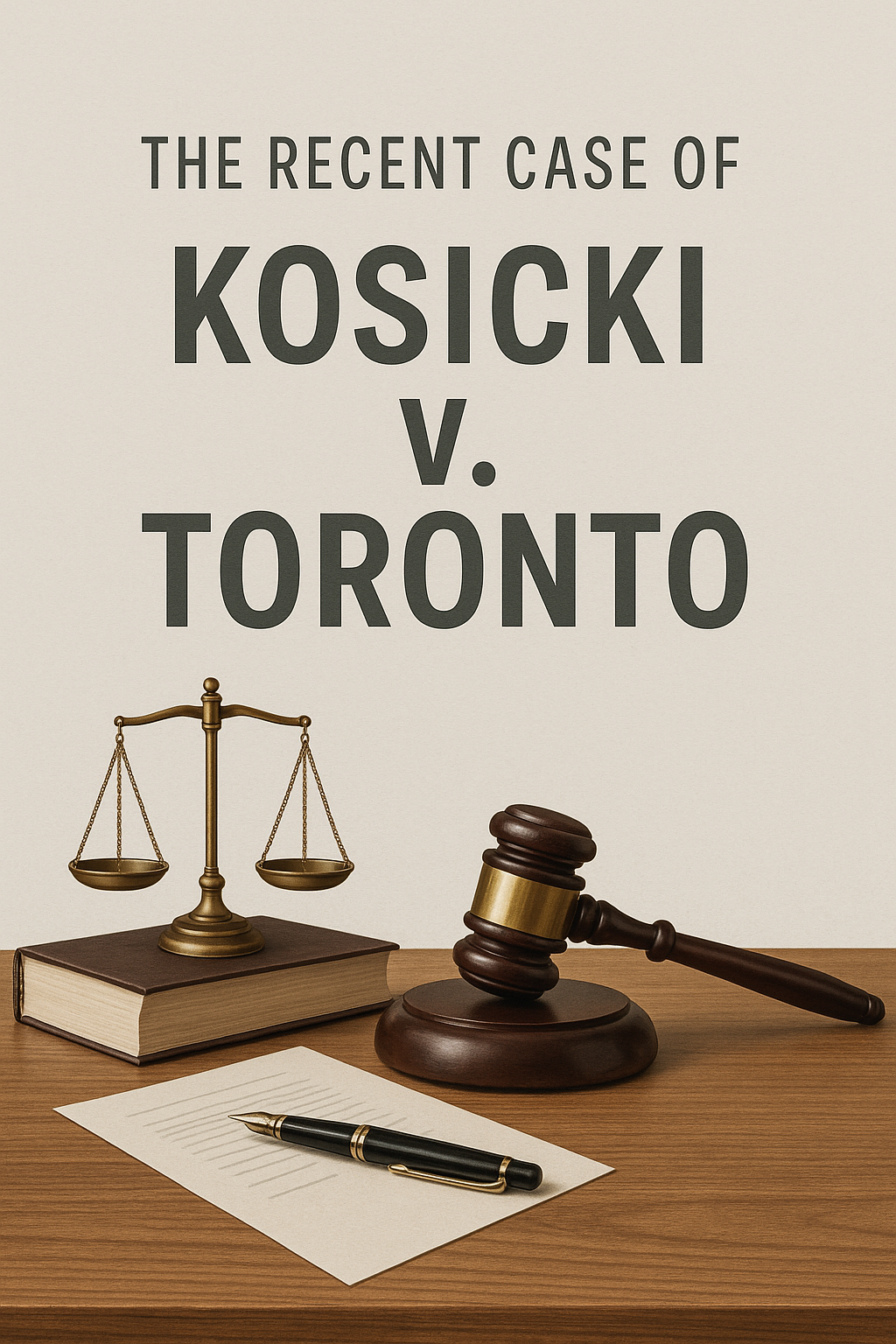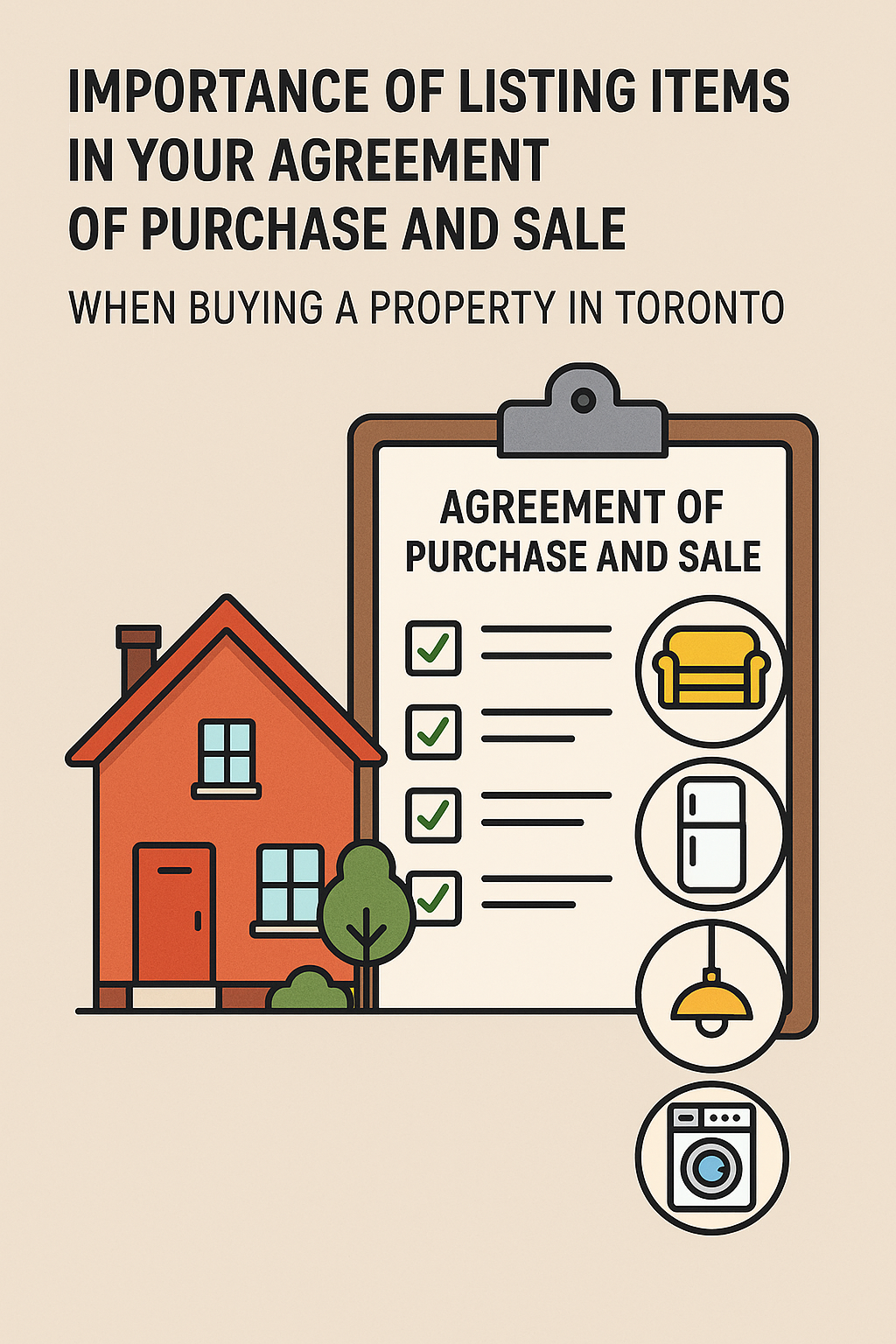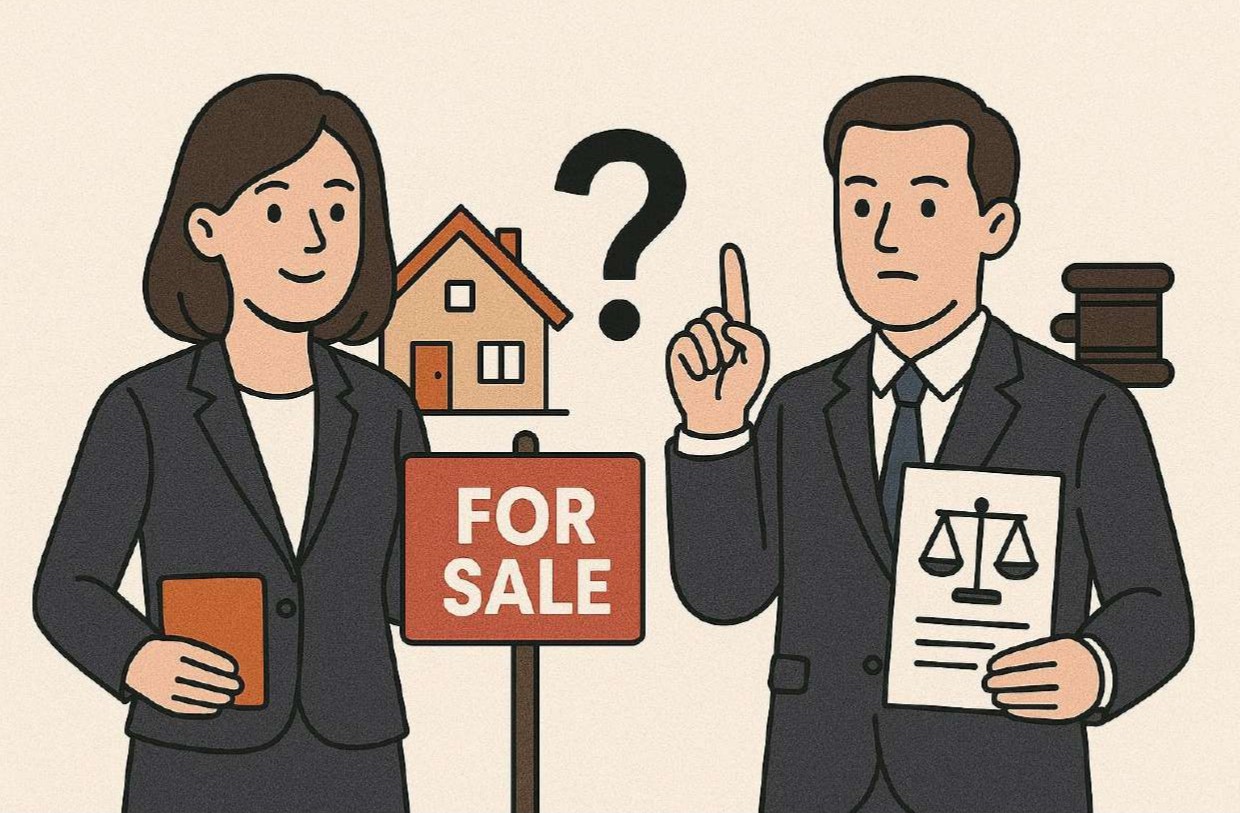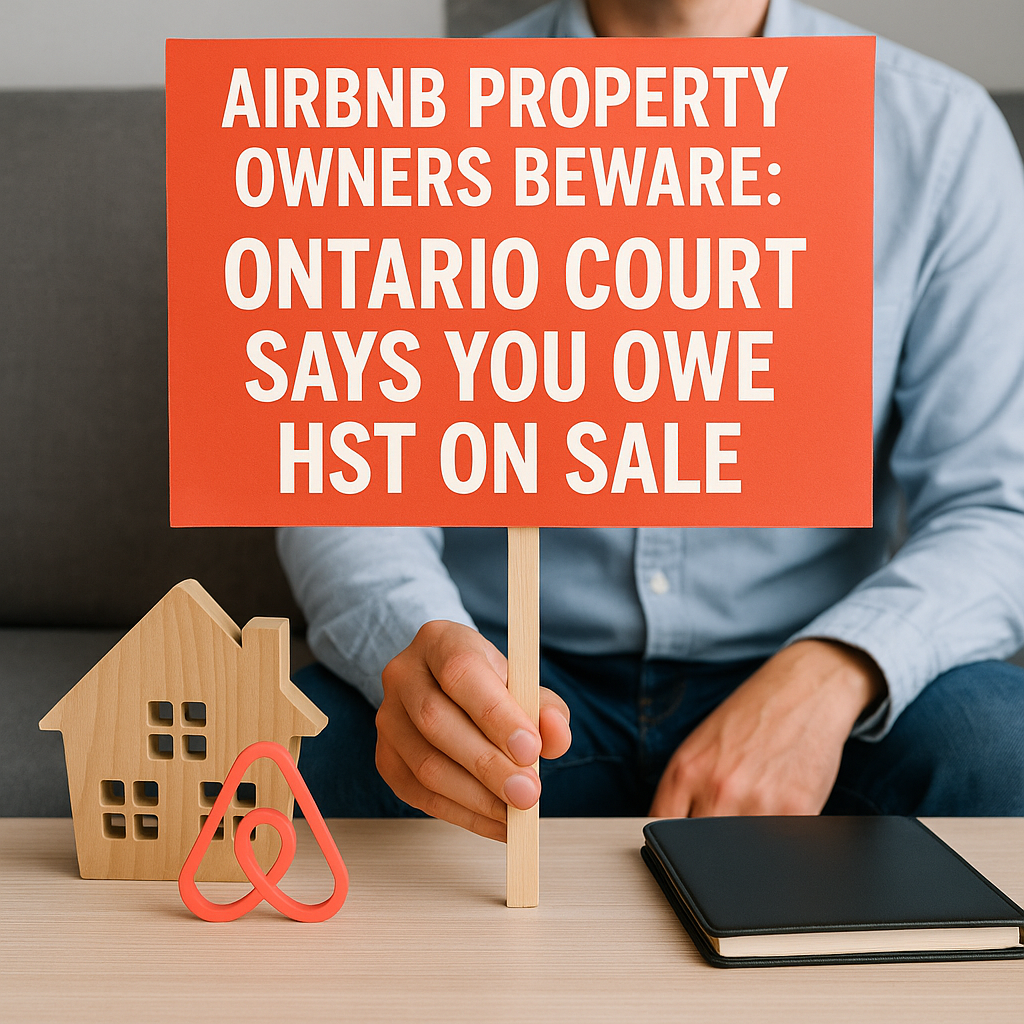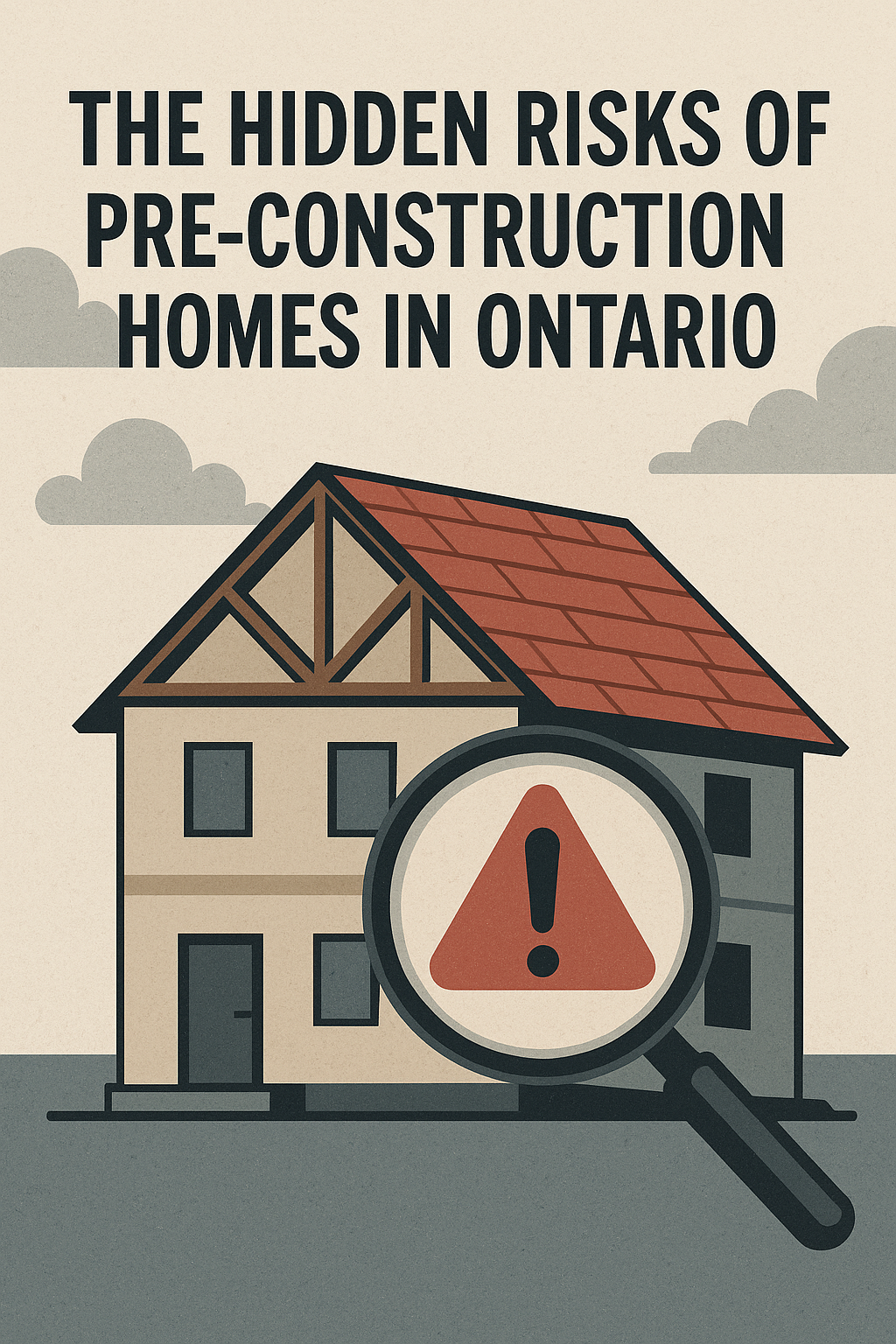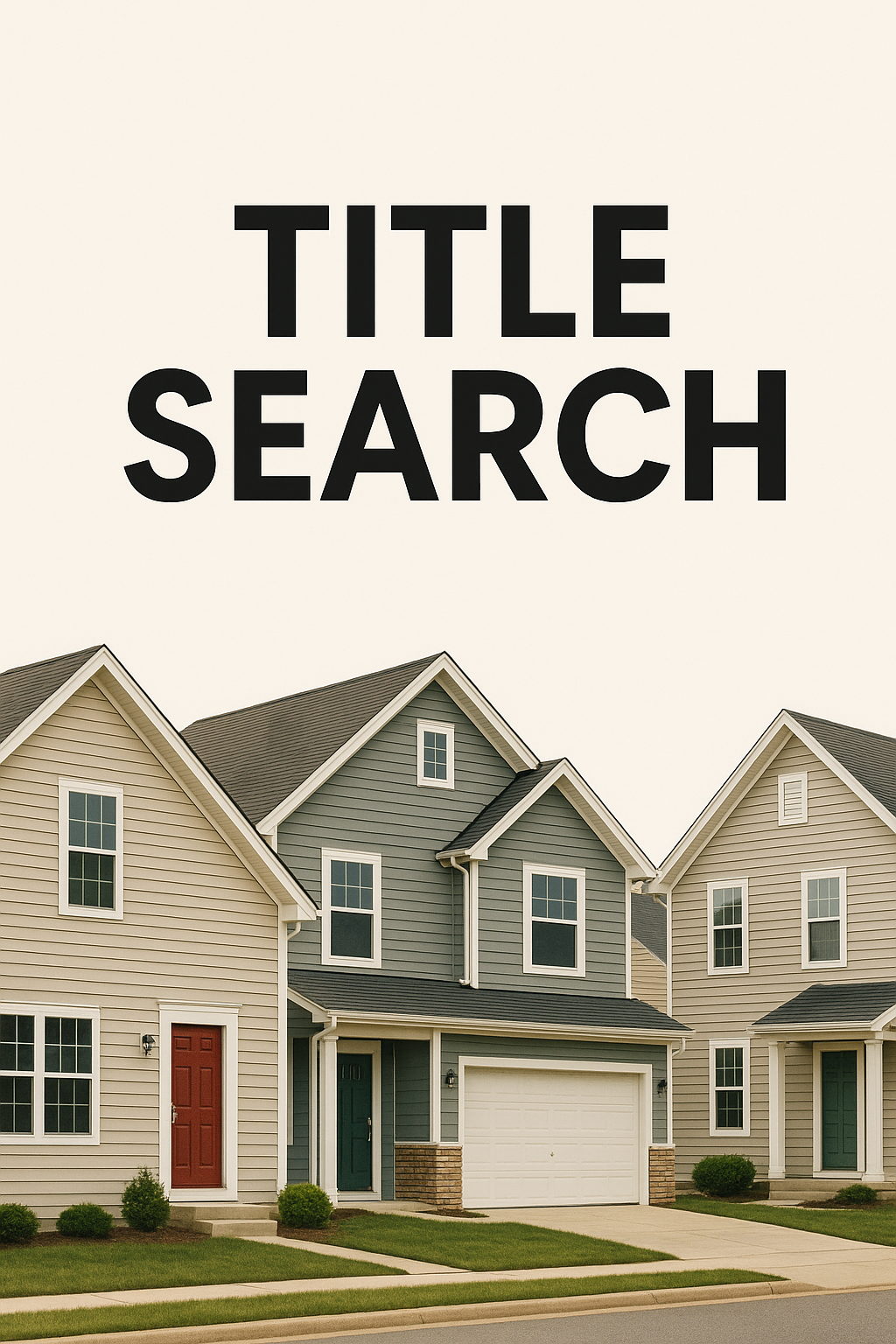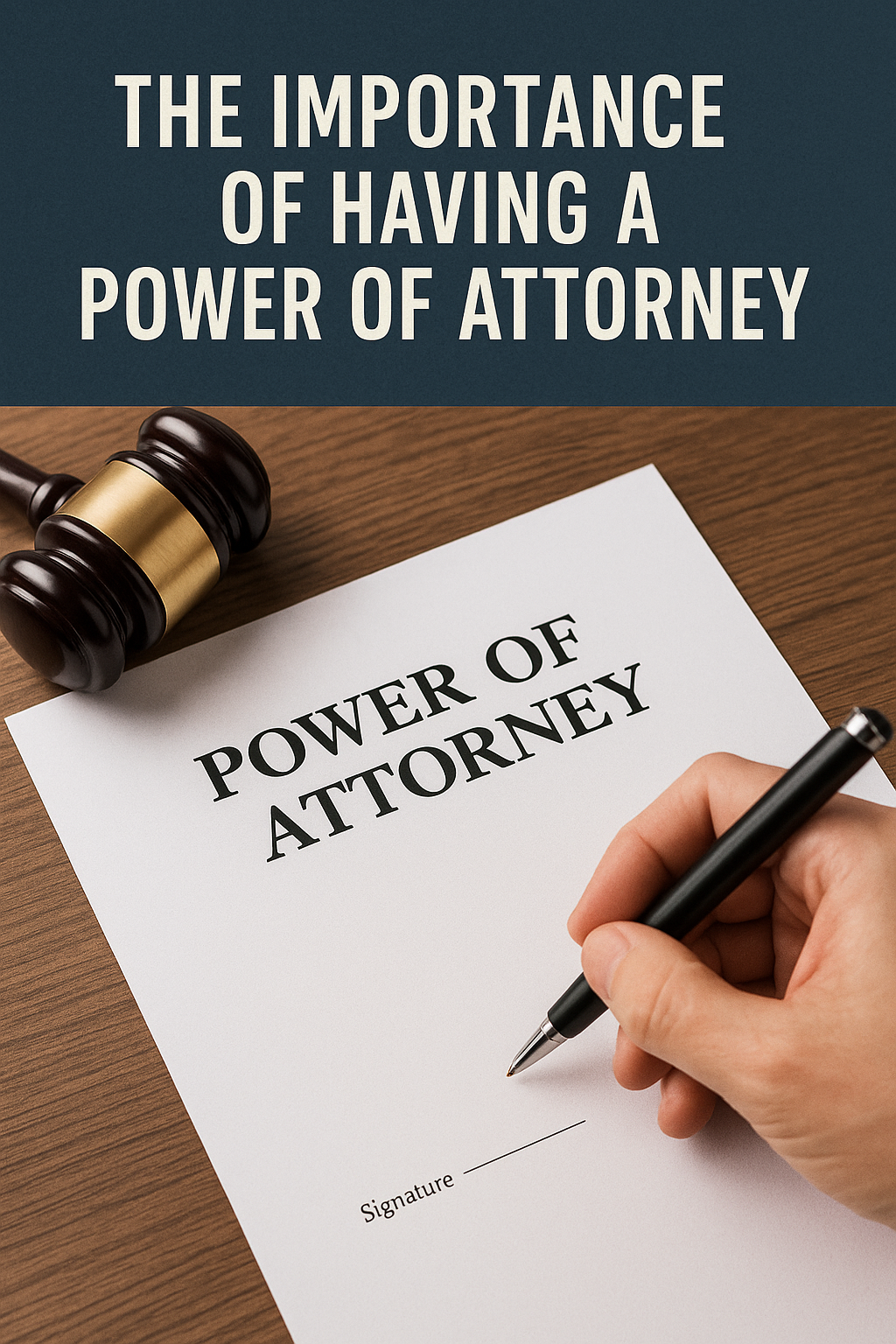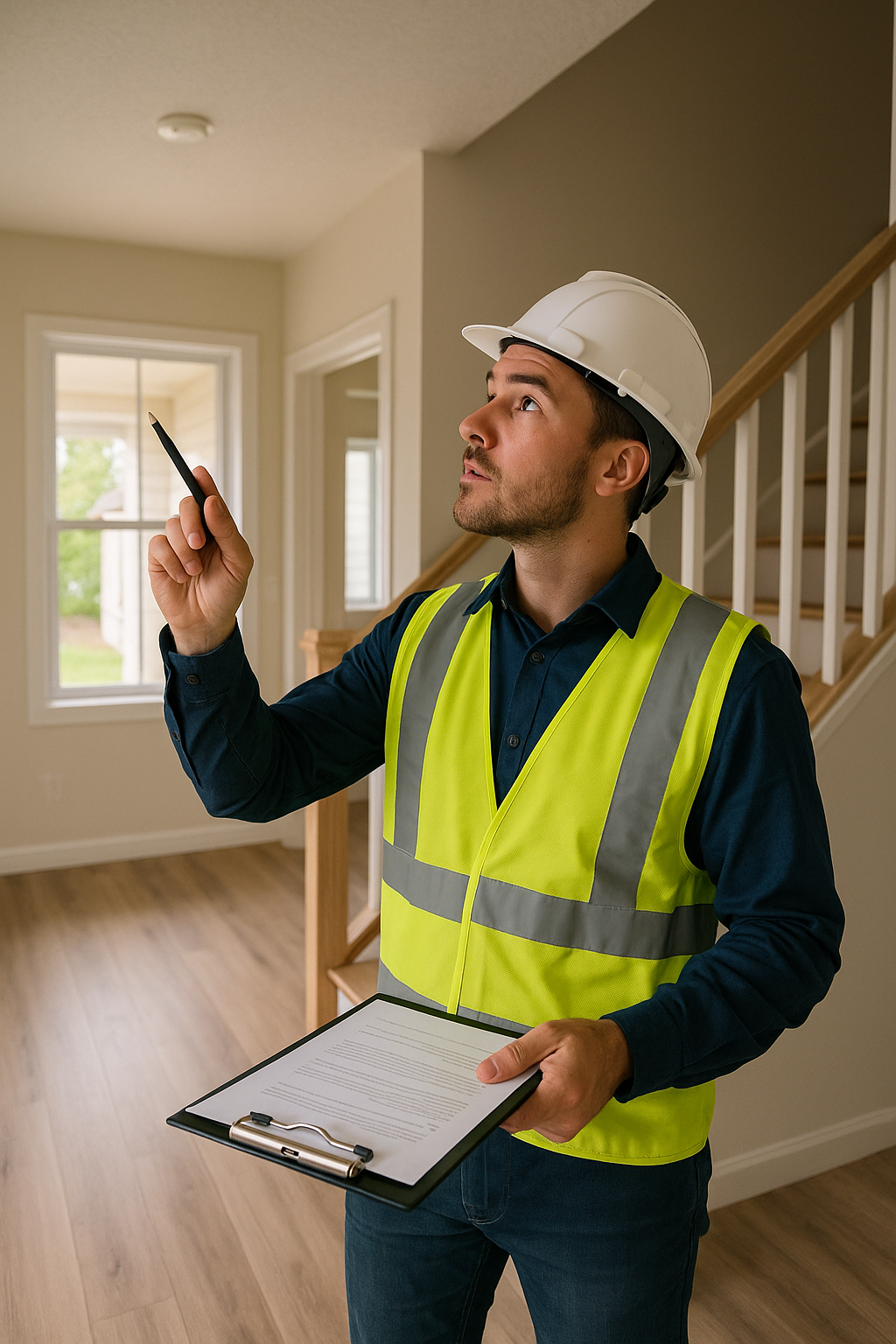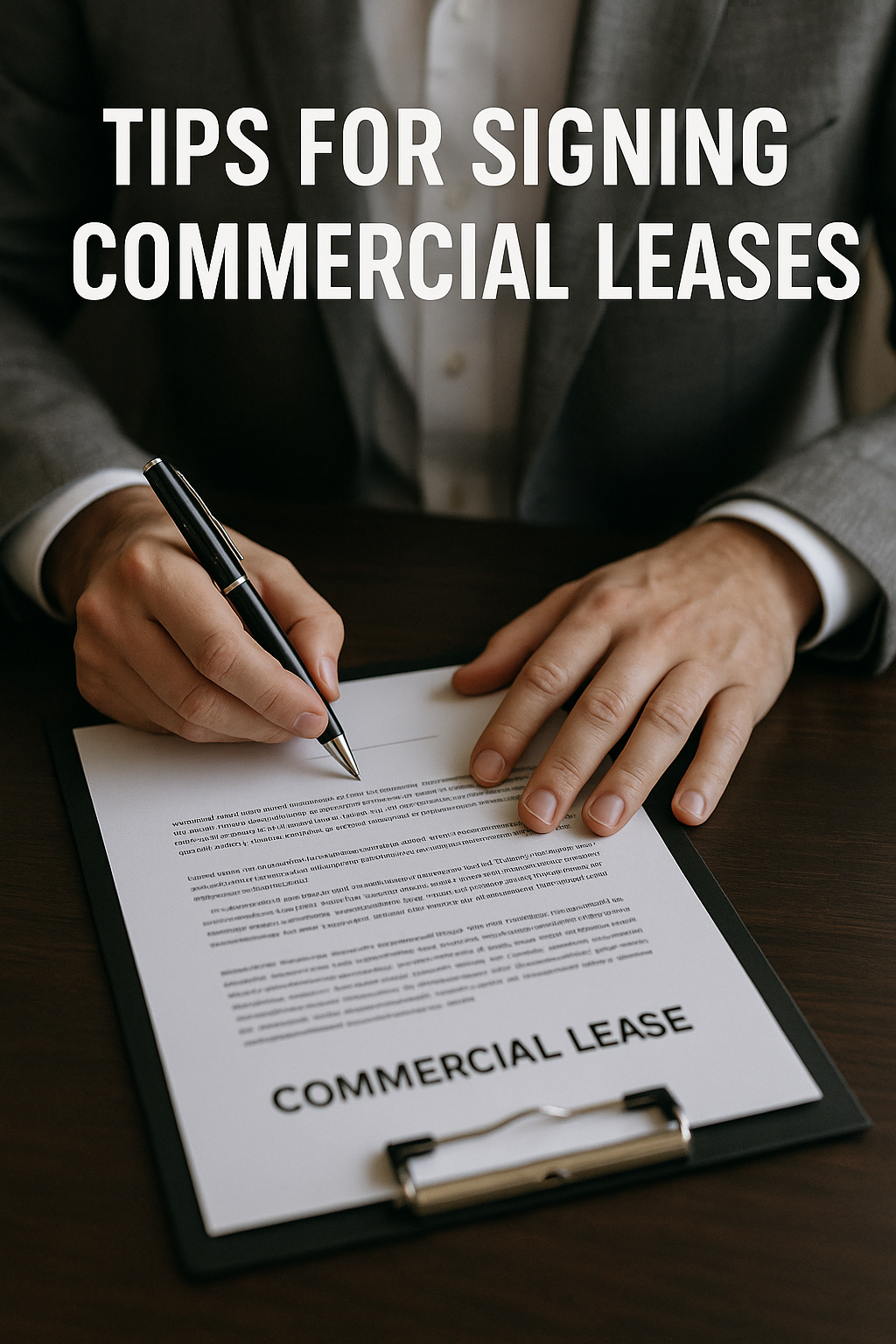A Backyard Surprise Imagine this: you buy a house in Toronto, enjoy your backyard for years, and then find out part of the land behind your fence actually belongs to the City. Sounds unbelievable, right? That’s exactly what happened to a Toronto couple, Pawel Kosicki and Megan Munro. Their case, Kosicki v. Toronto (City), recently made it all the way … Read More
Buying in Toronto? Why It’s Crucial to List All Included Items in Your Agreement of Purchase and Sale
When buying a home in Toronto, the excitement of finding the perfect property can sometimes overshadow the finer details of the transaction. One of the most commonly overlooked—but critically important—elements of an Agreement of Purchase and Sale (APS) is the list of chattels and fixtures that will be included in the purchase. What Are Chattels and Fixtures? • Fixtures are … Read More
Should You Contact a Real Estate Agent or Real Estate Lawyer First?
This post has been made in conjunction with our good friends at Above Realty – a real estate brokerage serving Toronto and the surrounding areas that does not charge commission and covers your legal fees. Visit them at aboverealty,ca to find out more. If you’re thinking about buying a property in Ontario, one of the first questions you may have … Read More
Airbnb Property Owners Beware: Ontario Court Says You Owe HST on Sale
In 1351231 Ontario Inc. v. The King (2024 TCC 37), the Tax Court of Canada (TCC) held that a condo initially used for long-term rentals but later listed on Airbnb did not qualify as a “residential complex” under the Excise Tax Act (ETA), making its sale subject to HST. The corporation had purchased the unit in 2008, treating it as … Read More
The Hidden Risks of Pre Construction Homes in Toronto
Thinking About Buying Pre Construction in Toronto? Read This First. The appeal of buying a pre construction home in Toronto, Ontario is undeniable — modern finishes, customization options, and the sense of getting in on the “ground floor” of a new development. But while glossy brochures and show suites highlight the potential, they often leave out the risks. Many buyers … Read More
Title Searches in Toronto – Why they Are Important
A title search in Ontario is the process of examining public records to confirm the legal ownership of a property and to identify any encumbrances, liens, easements, or other issues that may affect the title. It is typically conducted by a real estate lawyer or a title searcher through Ontario’s land registry system (Teranet). Whether you are buying a home … Read More
Power of Attorney – Do You Need One?
In Ontario, a Power of Attorney (POA) is a legal document that allows you to appoint someone (referred to as your attorney) to make decisions on your behalf, either for personal, financial, or health-related matters. Getting a POA is an important step in planning for the future, as it ensures that someone you trust will be able to handle matters … Read More
Ontario Pre-Delivery Inspections – Why Are They So Important?
A Pre-Delivery Inspection (PDI) is a crucial step for homebuyers in Ontario when purchasing a newly built home or condominium. It is the inspection that takes place just before you take possession of the property, allowing you to ensure that the builder has completed the home or condo according to the agreed-upon specifications, quality standards, and local building codes. Whether … Read More
The Importance of Permits in Toronto
In Ontario, permits are a crucial aspect of property purchases, especially if you plan to renovate, build, or make other significant changes to your new property. Understanding how permits can affect your property purchase is important for both buyers and investors to avoid unexpected costs, delays, or legal issues down the road. Whether you are located in Toronto, Vaughan or … Read More
Looking to Sign a Commercial Lease in Toronto? Take a Look at These Tips Before You Do
Signing a commercial lease in Ontario is a significant step for your business, and it’s essential to ensure that the lease terms align with your needs and protect your interests. Here are some important tips to keep in mind: 1. Understand the Lease Term • Length of Lease: Commercial leases can vary in length, typically ranging from 1 to 10 … Read More
- Page 1 of 2
- 1
- 2
